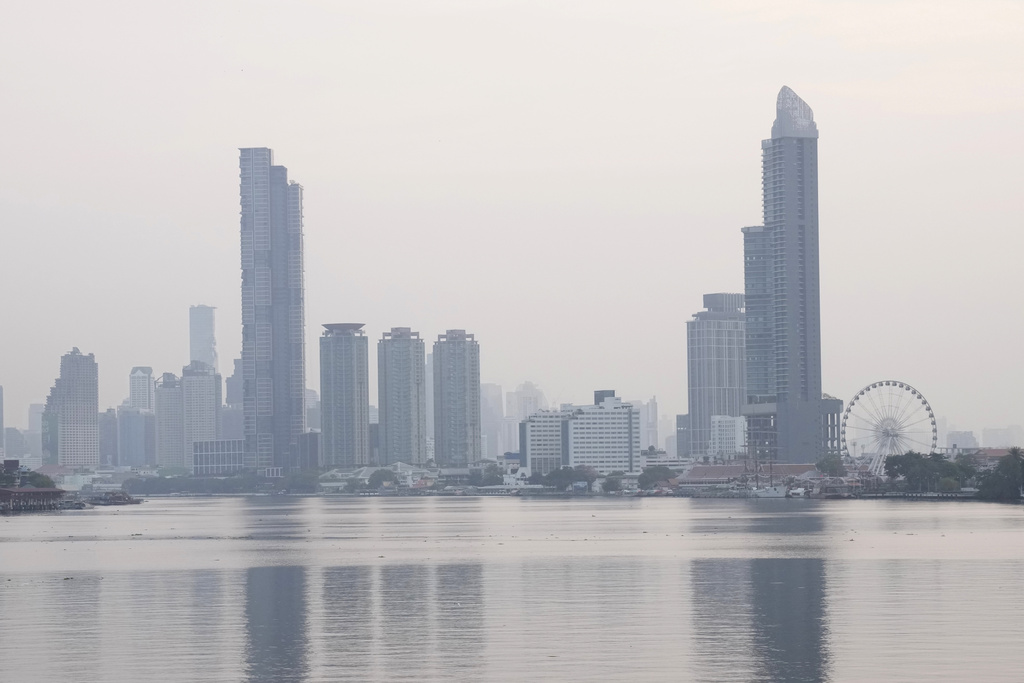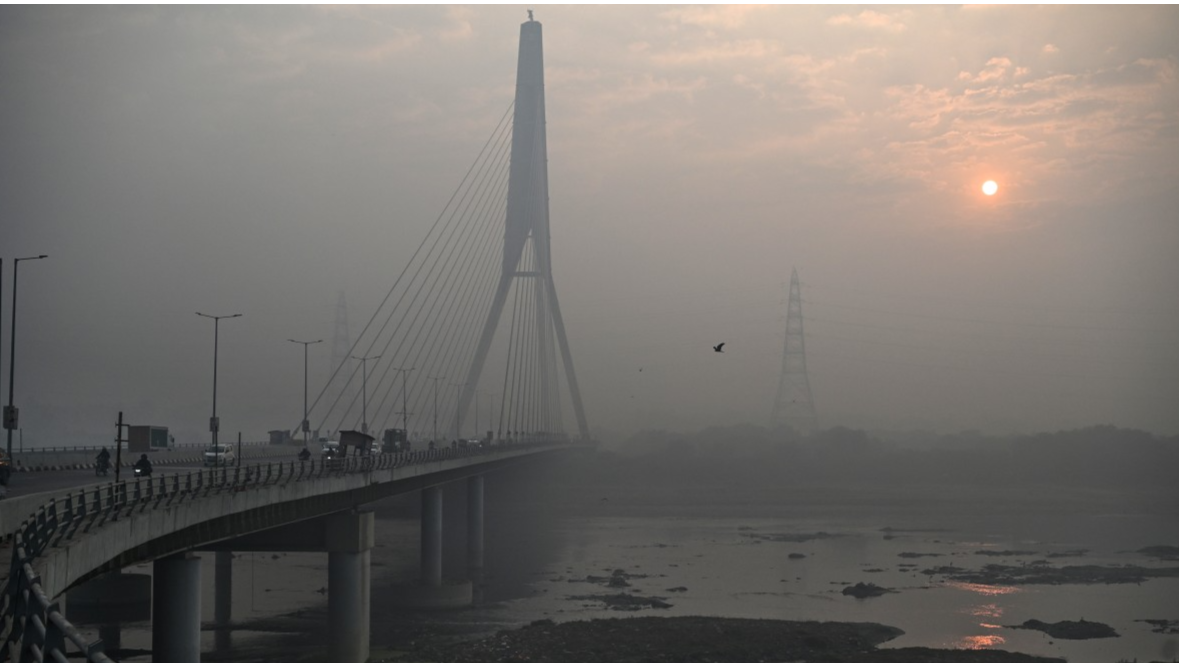
Air pollution is linked to the daily deaths of over 100 children under five in East Asia and the Pacific, according to a United Nations agency, as several countries in the region are battling a surge in toxic air.
The mortality rate linked to pollution accounts for nearly one in four deaths overall, with impacts lingering well into adulthood, according to a new finding by the United Nations Children’s Fund.
All 500 million children in East Asia and the Pacific are exposed to unhealthy levels of air pollution, with household pollutants — caused by fuels used for cooking and heating — potentially causing the most deaths among children under five, UNICEF said in a statement on Thursday.
Meanwhile, 325 million children live in countries where average annual levels of particulate matter, or PM2.5, exceed World Health Organization guideline by at least five times, mostly caused by burning of fossil fuel, biomass fuel and agricultural waste, UNICEF said.
ALSO READ: Exposure to PM2.5 linked to Alzheimer's, research shows
The air pollutants can compromise a young child’s growth and cognitive development, and can cause lasting impacts through stages of the child’s life such as asthma, lung damage, and developmental delays, or even chronic illnesses such as diabetes and heart disease, according to the statement.
“Every breath matters, but for too many children every breath can bring harm,” June Kunugi, UNICEF’s regional director for East Asia and the Pacific said in the statement. “The air they breathe, at a time when their bodies and minds are still developing, too often contains unhealthy levels of pollution that can comprise their growth, harm their lungs, and impair their cognitive development.”

Asian cities from New Delhi to Dhaka and Bangkok are currently battling unhealthy air due to seasonal burning of agricultural crops, vehicular pollution and a weather phenomenon that traps dust particles in the atmosphere.
Authorities in Bangkok have urged people to work from home and shut more than a dozen schools to curb exposure to dirty air. The city also made electric commuter trains free for a week in a bid to lower emissions from cars on the road.
READ MORE: Shrouded in smog, Delhi pollution reading is the highest this year
A recent World Bank report found that the economic cost of air pollution in East Asia and the Pacific was $2.5 trillion in 2019, equivalent to 9.3 percent of the region’s gross domestic product.


